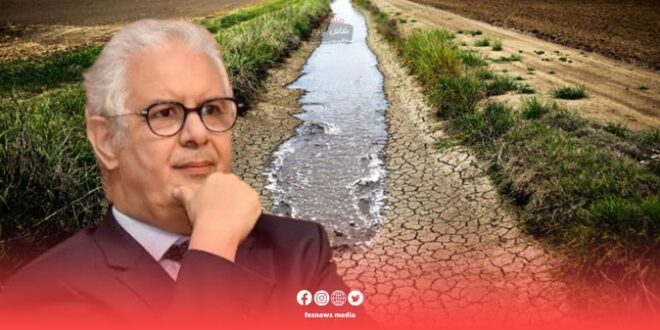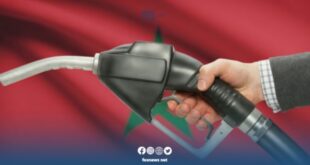Nizar Baraka, the Minister of Equipment and Water, commented on the recent rainfall and snowfall that affected several regions of the country, noting that Morocco has not yet emerged from the structural drought crisis. However, he highlighted significant improvements in recent times. In his statements on Tuesday during the “Nokta Ila As-Satr” program on Al-Aoula channel, he confirmed that the country is currently witnessing a decrease in the intensity of the drought, emphasizing that the recent rains have had a very positive impact.
The minister explained that the rainfall has had a significant effect on dam reservoirs, potable water supplies, groundwater levels, and the agricultural sector. Some regions, such as Chefchaouen, Taza, and Taounate, recorded rainfall exceeding 300 millimeters, while cities like Rabat and Beni Mellal saw more than 170 millimeters. Baraka also noted that the recent snowfall covered a vast area of 11,000 square kilometers, representing a noticeable improvement compared to last year.
Regarding the dams, the minister revealed that the current water storage in dams has reached 6 billion cubic meters, representing more than 35% of total capacity. He confirmed that the dams have seen significant filling in the past ten days, with an addition of 1.4 billion cubic meters of water. He also mentioned that four major water basins—Loukkos, Tensift, Oum Er-Rbia, and Moulouya—have exceeded 50% of their capacity.
Baraka pointed out that the recent rainfall has helped reduce the drought levels, with Morocco now experiencing moderate drought, down by 18% compared to the average annual level. However, he indicated that some regions, such as Tensift, Souss, and the southern provinces, continue to suffer from drought, although areas like Oued Noun, Ziz, and Ghriss have moved past the severe drought phase. He added that these improvements will help ensure a sufficient supply of drinking water in cities like Errachidia and Zagora, where the current resources are expected to last for three years in Errachidia and two years in Zagora.
Despite the optimism expressed by Baraka, he stressed the need to accelerate the implementation of royal directives related to the optimal management of water resources, particularly in the area of rainwater storage through the construction of dams, which help protect populations from flooding. He revealed that the construction time for dams has been reduced to between 6 months and 3 years.
In conclusion, Baraka announced that Morocco now has a storage capacity of 20 billion cubic meters in its dams, of which 6 billion cubic meters have been stored thanks to the recent rains, and he expects the storage to reach 26 billion cubic meters by 2030.
Source: Fes News Media
 فاس نيوز ميديا جريدة الكترونية جهوية تعنى بشؤون و أخبار جهة فاس مكناس – متجددة على مدار الساعة
فاس نيوز ميديا جريدة الكترونية جهوية تعنى بشؤون و أخبار جهة فاس مكناس – متجددة على مدار الساعة













